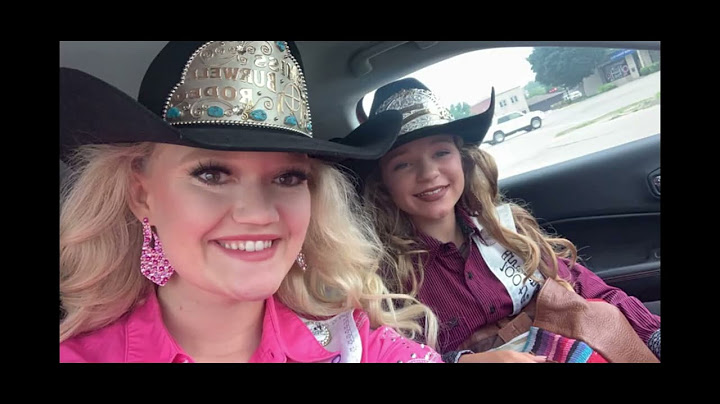 Show
Many people who’ve experienced the severe pain that’s possible with gallbladder problems are happy to consider surgical removal if that’s what it takes to ease their discomfort. And sometimes removal is the only effective treatment when this tiny organ, which partners with your liver to help digest fatty foods, malfunctions. At Precision Surgery and Advanced Vein Therapy in Glendale, Arizona, board-certified surgeon Johnny L. Serrano, DO, FACOS, specializes in evaluating gallbladder issues and removing them when necessary. You can expect relief from pain after the surgical sites have healed, but living without your gallbladder can cause some digestive distress, especially for the first several weeks to months after surgery. You can take steps to relieve these symptoms, and they all revolve around dietary habits, namely what and how much you eat. Your gallbladder’s roleYour gallbladder is a somewhat pear-shaped organ that’s about four inches long and sits under your liver in your upper right abdomen. It stores bile as necessary and then releases it into your small intestine. Bile is a combination of fluids, fats, and cholesterol. Secreted by your liver, bile aids in the breakdown of fat-soluble nutrients and vitamins, so they’re more easily absorbed into your bloodstream. Small, hardened deposits called gallstones are the most common cause of gallbladder dysfunction and pain. Typically formed by cholesterol, these stones can become numerous or grow larger over time. This can lead to inflammation of your gallbladder and bouts of pain that tend to increase in frequency and severity, which often travels (radiates) into your chest and through to your back. Life without a gallbladderA healthy gallbladder certainly plays a role in digestion, but it’s an organ your liver and small intestine can do without, if necessary. Once we’ve removed your gallbladder, your liver simply supplies a steady drip of bile directly to your digestive system. However, without storage time in your gallbladder, this direct-from-the-liver bile is less concentrated and may act as a laxative. As a result, diarrhea is a commonly reported “side effect” of gallbladder removal. About half of our patients also have trouble digesting fats after gallbladder surgery, which can cause stomach discomfort, bloating, and excessive gas. Fortunately, these symptoms tend to decrease over a few weeks to a few months and are well-managed with a few dietary changes, many of which are coincidentally healthy enough to stick with for life. Tips to avoid discomfort after gallbladder removal1. Give your stomach some downtime after surgery.Following a bland, easily digestible diet gives your stomach time to rest after surgery. Stick with foods such as clear broth or gelatin initially, and then add soft solids gradually. Contrary to the usual whole grains and raw veggies recommended for healthy eating, white rice, refined white breads, and cooked rather than raw foods are more easily processed and a better choice for a few days after your surgery. 2. Eat smaller meals more frequently.Large meals make your digestive system work harder and increase your risk of developing gas and other symptoms related to gallbladder removal. You can stick with breakfast, lunch, and dinner, but decrease the portion sizes for each and use the “leftover” calories for a mid-morning and mid-afternoon snack. If you usually eat a sandwich at lunch, save time in the kitchen by preparing a whole sandwich and saving half for your afternoon snack. 3. Choose healthy over high-fat foods.We all need fat in our diets, but the type and amount you reach for makes a difference, and a high-fat meal can cause abdominal bloating and cramping after gallbladder removal. Fats to avoid include:
Spicy foods can also affect your digestion, especially following gallbladder removal, so add the cayenne sparingly and avoid hot sauce until your stomach can handle an adventure. When you’re ready, start with mild sauce and increase the heat gradually over time. 4. Add fiber slowly over several weeks.Soluble fiber, such as oats and barley, help control diarrhea and normalize your bowel movements. But too much fiber too quickly can increase cramping and gas. Other foods that can worsen diarrhea include caffeine, dairy products, and sugary snacks. To schedule a gallbladder consultation at Precision Surgery and Advanced Vein Therapy, call 602-393-1304 today, or click online to book an appointment with Dr. Serrano any time. What is the life expectancy of someone without a gallbladder?Gall bladder removal does not shorten your life expectancy. In fact, it may even increase it as your post-surgery habits make it necessary for you to make healthier dietary choices.
Will I be normal after gallbladder removal?After open surgery, you'll usually have to stay in hospital for 3 to 5 days, and your recovery time will be longer. It can take around 3 to 4 weeks to return to your normal activities, and 6 to 8 weeks if you have a more manual job.
Can gallbladder removal cause problems later in life?You can expect to live a perfectly normal life after gallbladder surgery but may experience temporary side effects related to the way your digestive system processes fatty foods. These symptoms may include loose stools or diarrhea, bloating, cramping, and excess gas in response to meals or certain foods.
How do you live a healthy life after gallbladder removal?Advertisement. Go easy on the fat. Avoid high-fat foods, fried and greasy foods, and fatty sauces and gravies for at least a week after surgery. ... . Increase the fiber in your diet. This can help normalize bowel movements. ... . Eat smaller, more-frequent meals. This may ensure a better mix with available bile.. |

Related Posts
Advertising
LATEST NEWS
Advertising
Populer
Advertising
About

Copyright © 2024 en.apacode Inc.


















